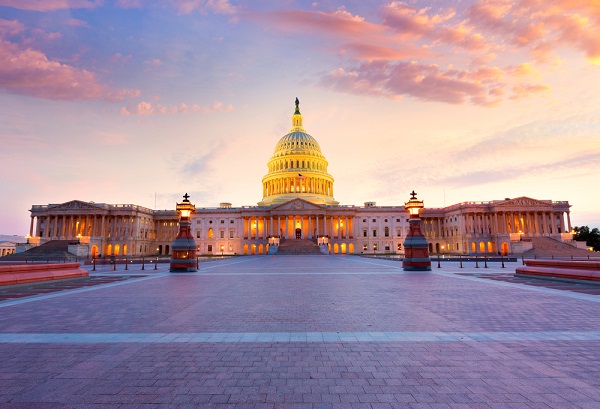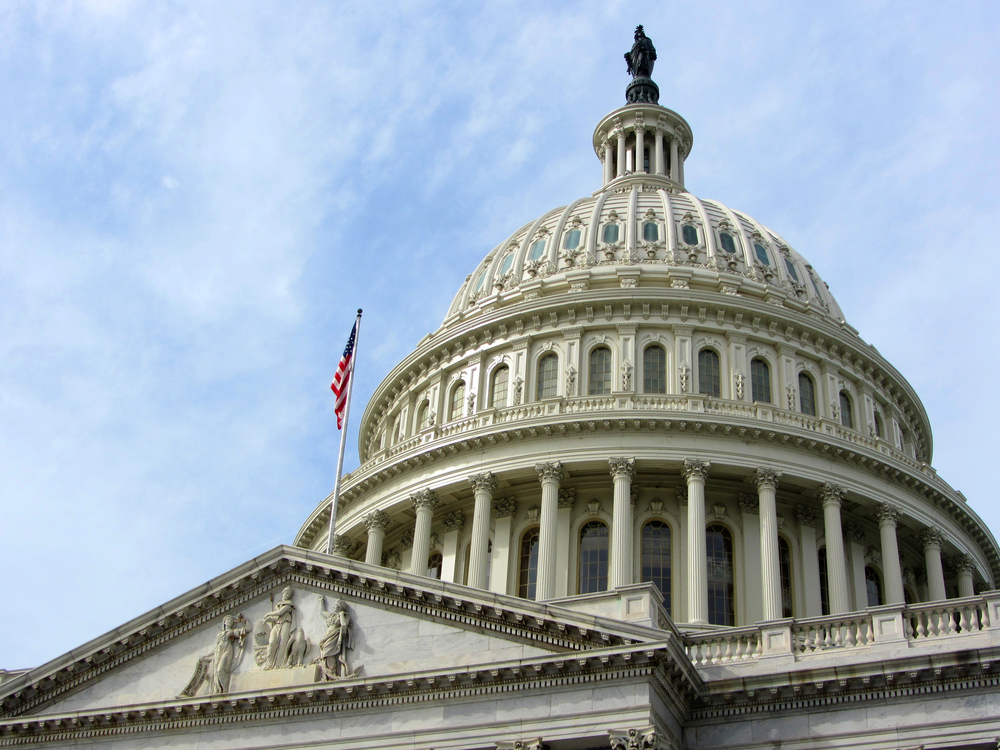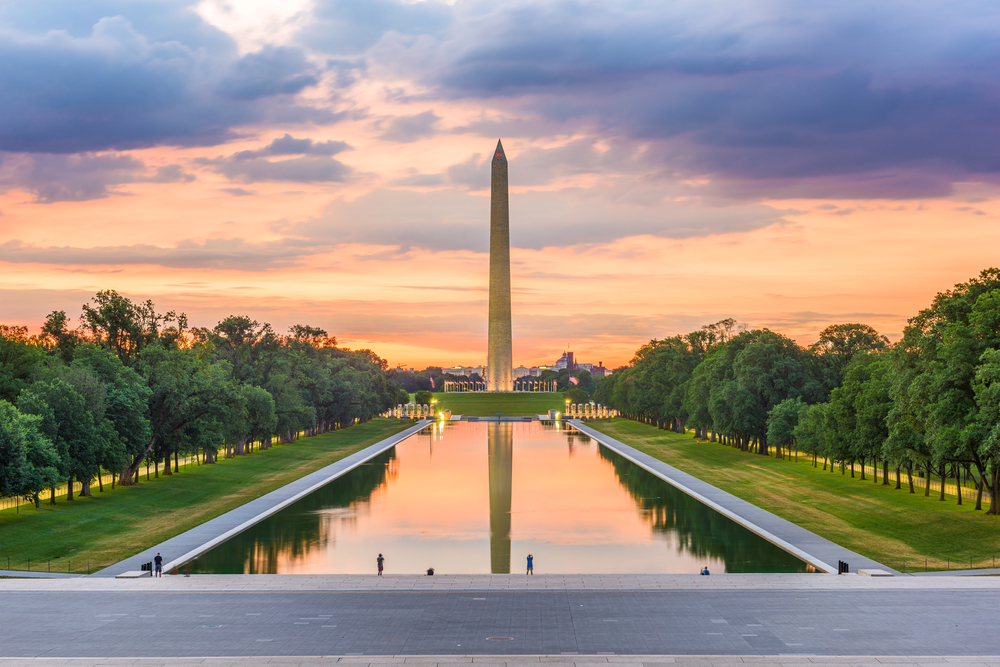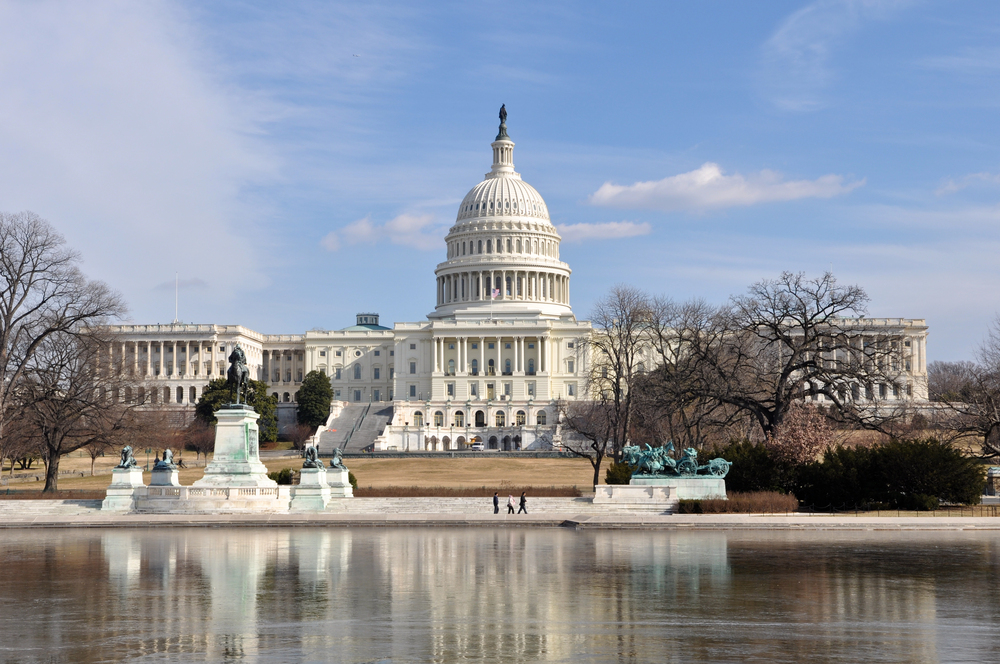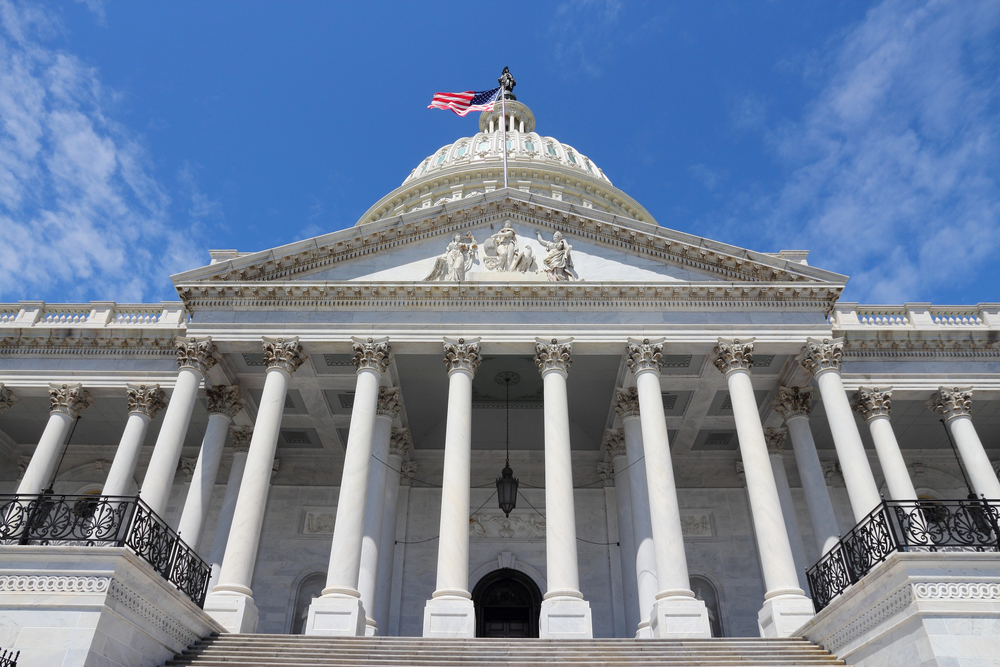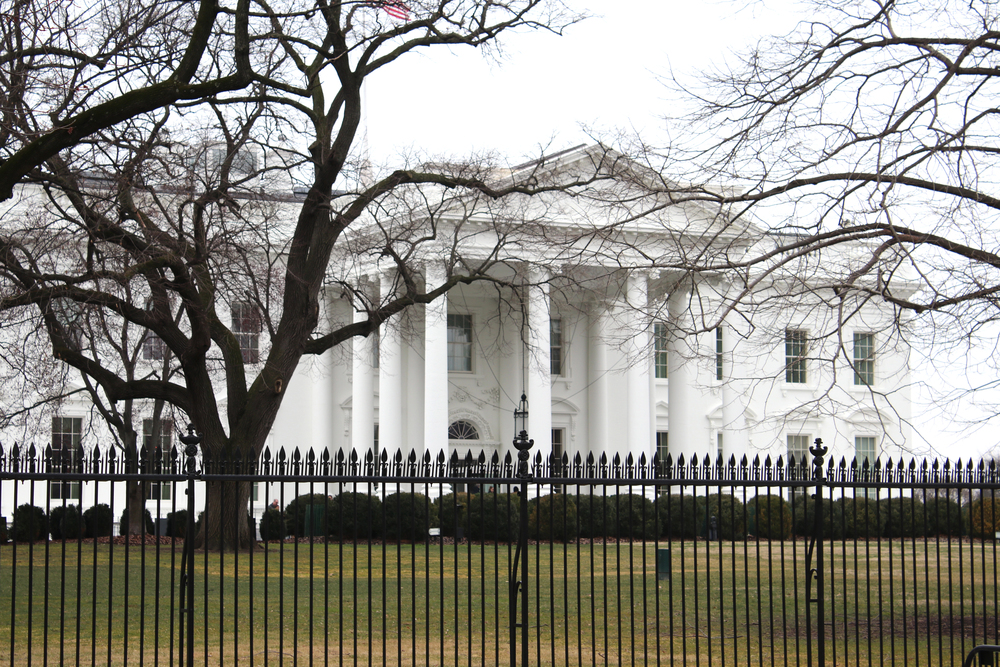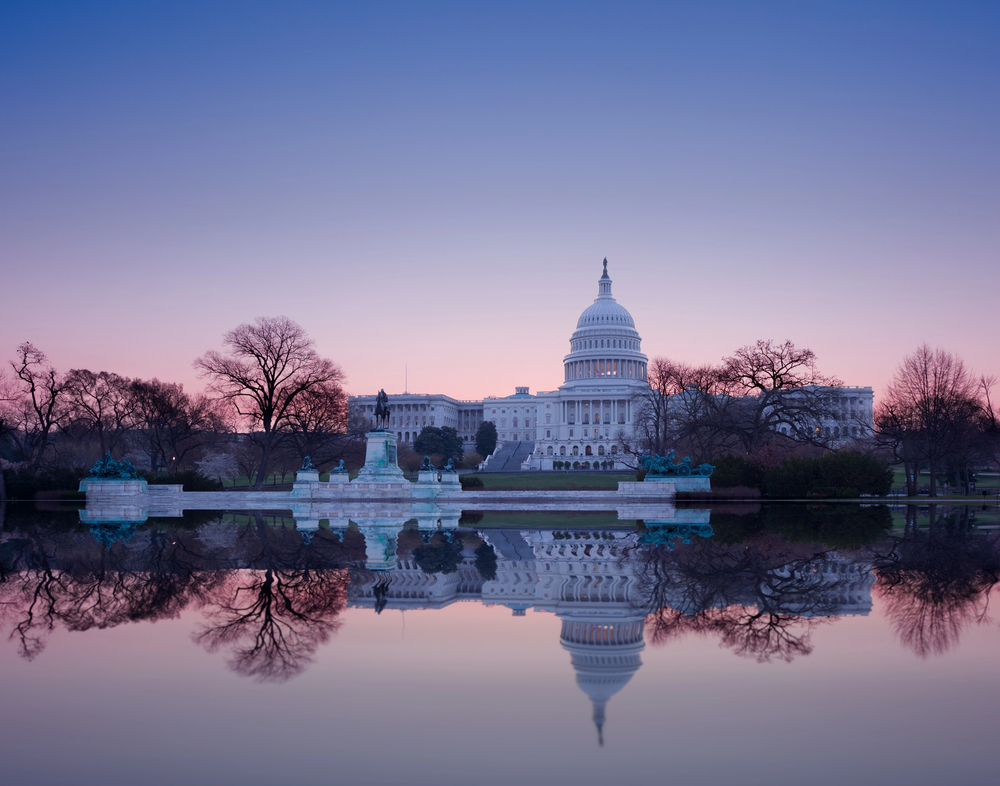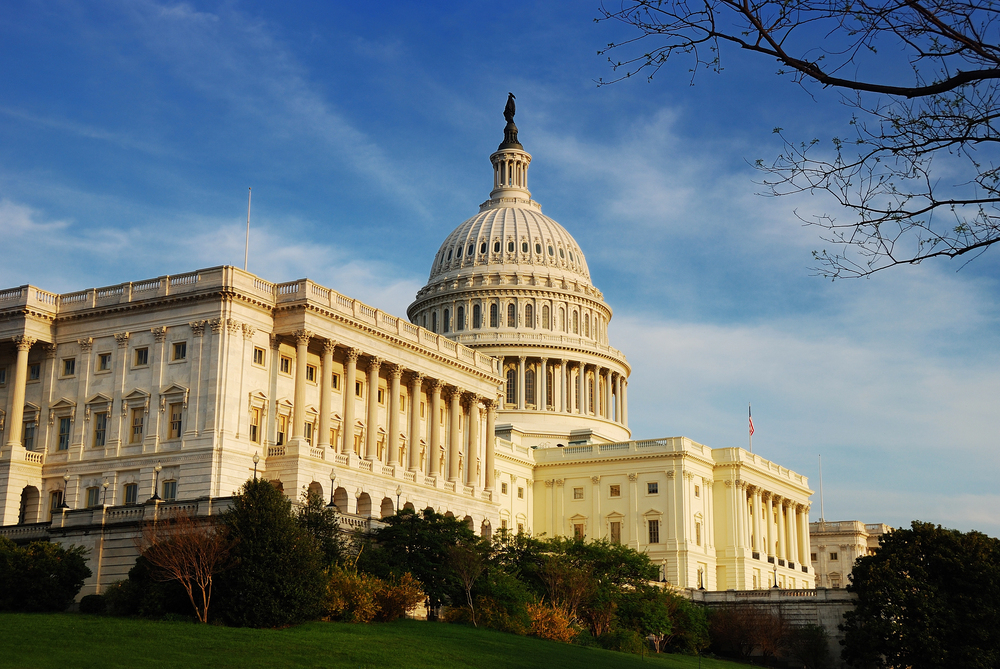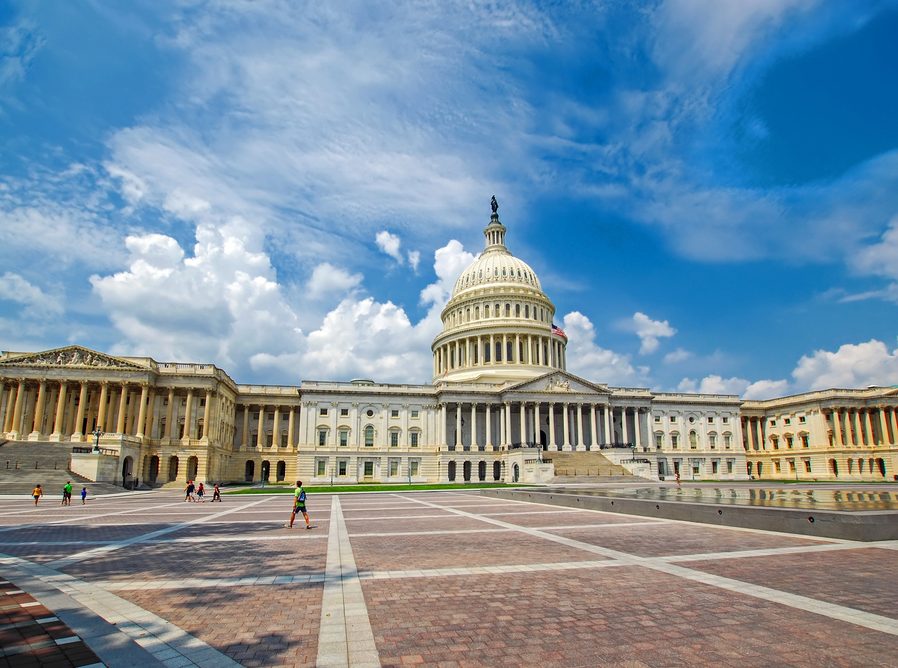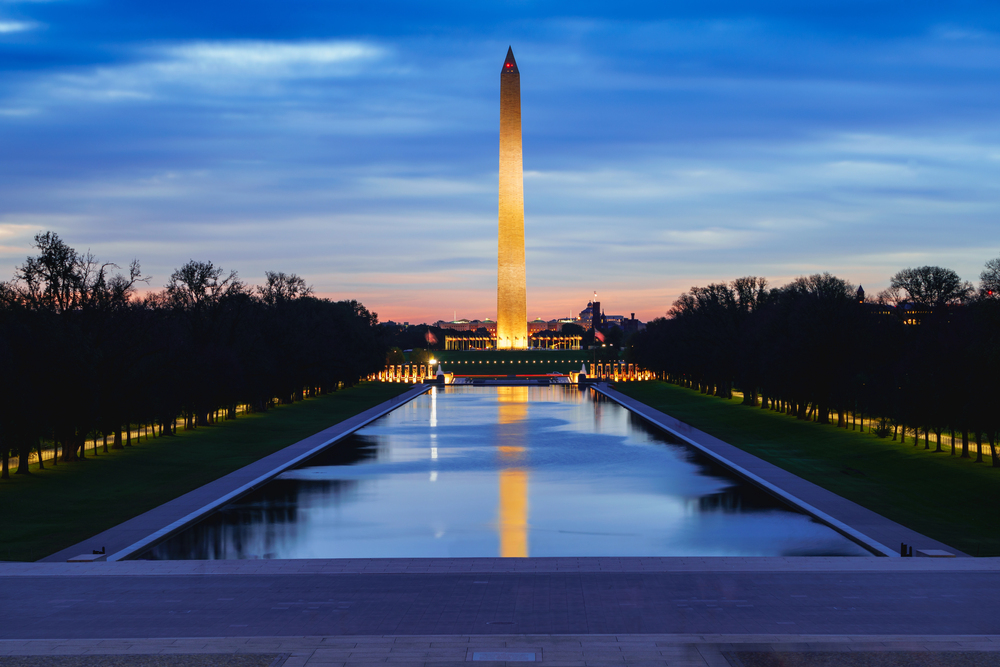Supreme Court Rejects COVID-19 Vaccine and Testing Mandate
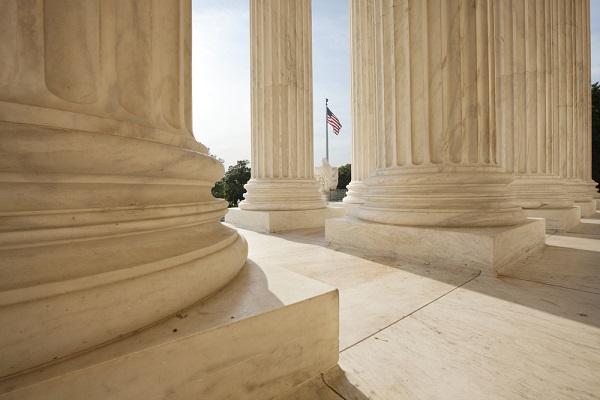
By: Will Jones and Eric Lipton
Last week, the U.S. Supreme Court voted to block the Biden administration from enforcing COVID-19 vaccine and testing requirements for large private companies with at least 100 employees. Meanwhile, the Supreme Court allowed a vaccine mandate to stand for medical facilities that take Medicare or Medicaid payments.
The court was divided in both cases at a time of escalating coronavirus infections driven by the omicron variant in a nation that leads the world with more than 855,000 COVID-19 deaths, according to Reuters.
In National Federation of Independent Business v. Occupational Safety and Health Administration, six of the nine Supreme Court justices granted a stay against the Occupational Safety and Health Administration’s (OSHA) Emergency Temporary Standard (ETS), the COVID-19 order that would have applied to workplaces with at least 100 employees and affected some 84 million workers.
The court found that the ETS exceeds OSHA’s statutory authority because it targets a public health risk and not a risk confined to workplaces. Justices Stephen Breyer, Elena Kagan and Sonia Sotomayor dissented.
“Although Congress has indisputably given OSHA the power to regulate occupational dangers, it has not given that agency the power to regulate public health more broadly,” the court said.
While some large companies have relaxed requirements in response, the court’s decision does not mean that employers are prohibited from requiring that some or all of their employees be vaccinated going forward. However employers approach safety protocols, they should continue to ensure they follow any applicable federal or state law requirements or exceptions, such as medical and religious belief accommodations.
While the nation’s highest court said the private employer mandate exceeded OSHA’s authority, the court, by a narrow 5-4 vote, found that the Department of Health and Human Services (HHS) did not exceed its authority with a vaccine mandate for healthcare workers issued in November 2021.
Unlike the OSHA regulation, the court concluded that the regulation “fits neatly” within the power Congress conferred on the government to impose conditions on Medicaid and Medicare funds, which includes policies that protect health and safety.
“After all, ensuring that providers take steps to avoid transmitting a dangerous virus to their patients is consistent with the fundamental principle of the medical profession: first, do no harm,” the court said.
In addition, the court said the regulation serves to protect patients from being exposed to greater risks when they are in hospitals, nursing homes, rehabilitation facilities and other such medical providers.
While the decisions provide some guidance, this likely does not mark the end of litigation over vaccine mandates and employer safety protocols with appeals in lower courts still pending over other aspects of the ETS and other regulations.
In response to the rulings, the Secretary of Labor also stated:
“We urge all employers to require workers to get vaccinated or tested weekly to most effectively fight this deadly virus in the workplace. Employers are responsible for the safety of their workers on the job, and OSHA has comprehensive COVID-19 guidance to help them uphold their obligation. Regardless of the ultimate outcome of these proceedings, OSHA will do everything in its existing authority to hold businesses accountable for protecting workers, including under the COVID-19 National Emphasis Program and General Duty Clause.”
Will Jones is IA editor-in-chief. Eric Lipton is senior counsel in the Big “I” Office of General Counsel.

